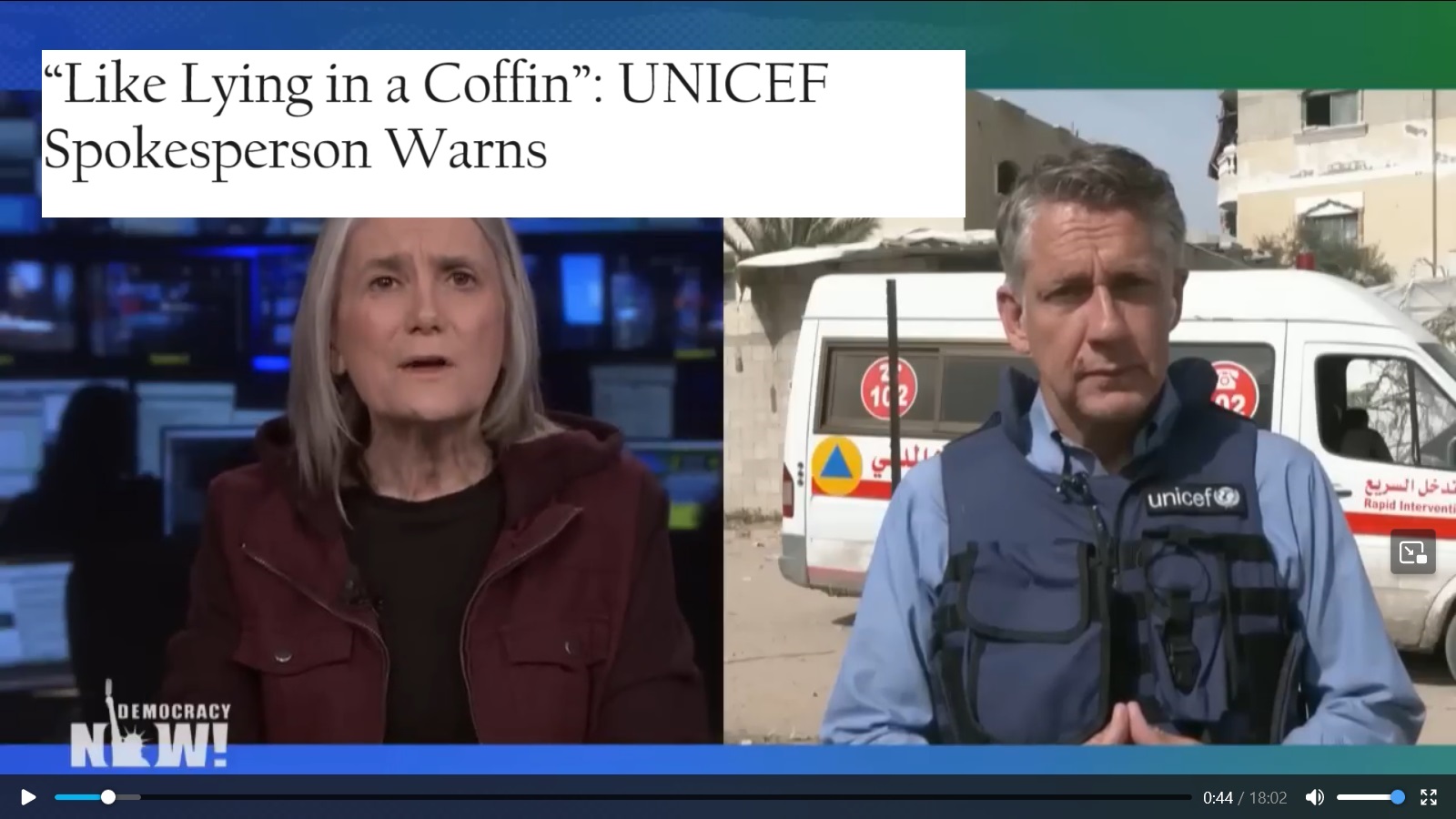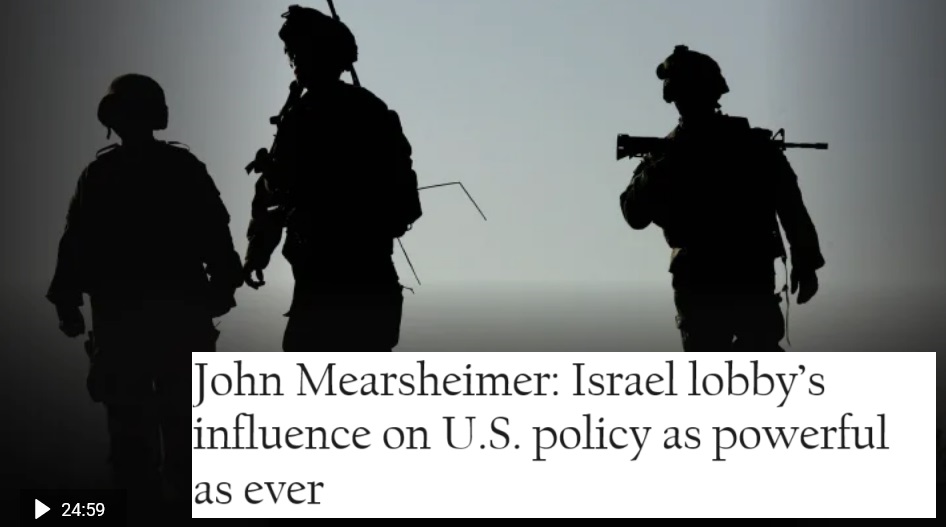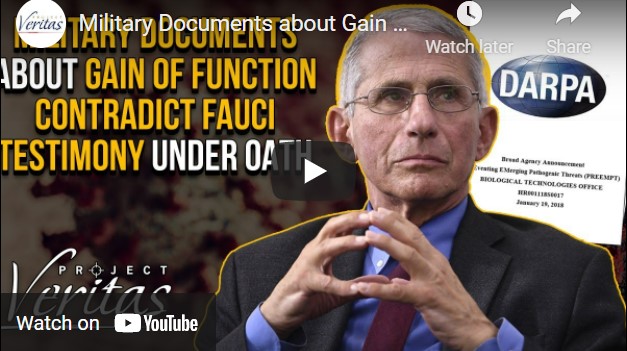Envoy to U.N. Recounts Threats of Retaliation by U.S. in Run-Up to Invasion
 Sunday, March 23, 2008 at 03:03PM
Sunday, March 23, 2008 at 03:03PM  In the months leading up to the U.S.-led invasion of Iraq, the Bush administration threatened trade reprisals against friendly countries who withheld their support, spied on its allies, and pressed for the recall of U.N. envoys that resisted U.S. pressure to endorse the war, according to an upcoming book by a top Chilean diplomat.
In the months leading up to the U.S.-led invasion of Iraq, the Bush administration threatened trade reprisals against friendly countries who withheld their support, spied on its allies, and pressed for the recall of U.N. envoys that resisted U.S. pressure to endorse the war, according to an upcoming book by a top Chilean diplomat.
The rough-and-tumble diplomatic strategy has generated lasting "bitterness" and "deep mistrust" in Washington's relations with allies in Europe, Latin America and elsewhere, Heraldo Mu¿oz, Chile's ambassador to the United Nations, writes in his book "A Solitary War: A Diplomat's Chronicle of the Iraq War and Its Lessons," set for publication next month.
"In the aftermath of the invasion, allies loyal to the United States were rejected, mocked and even punished" for their refusal to back a U.N. resolution authorizing military action against Saddam Hussein's government, Mu¿oz writes.
But the tough talk dissipated as the war situation worsened, and President Bush came to reach out to many of the same allies that he had spurned. Mu¿oz's account suggests that the U.S. strategy backfired in Latin America, damaging the administration's standing in a region that has long been dubious of U.S. military intervention.
Mu¿oz details key roles by Chile and Mexico, the Security Council's two Latin members at the time, in the run-up to the war: Then-U.N. Ambassadors Juan Gabriel Vald¿s of Chile and Adolfo Aguilar Zinser of Mexico helped thwart U.S. and British efforts to rally support among the council's six undecided members for a resolution authorizing the U.S.-led invasion.








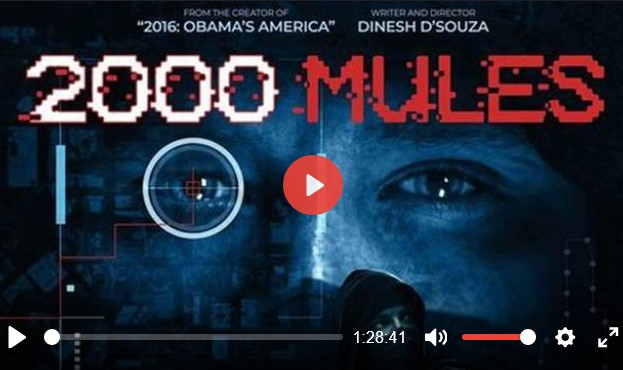






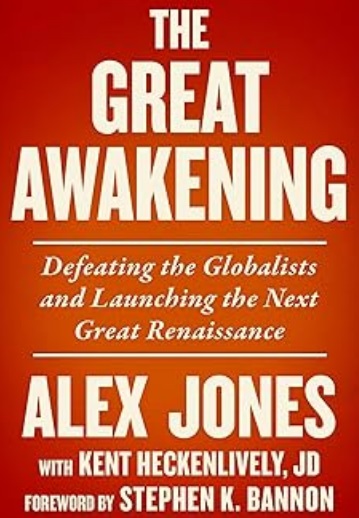


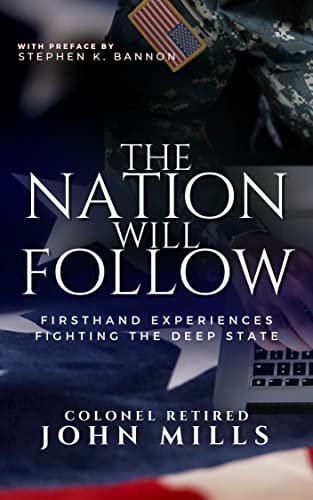
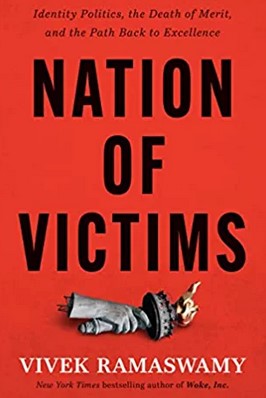
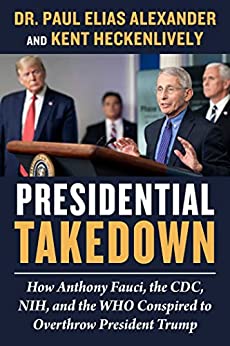

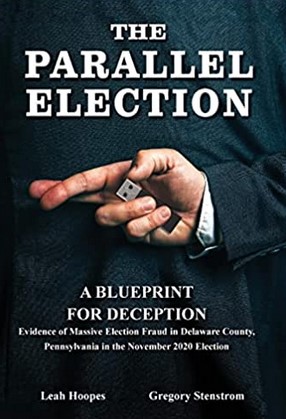


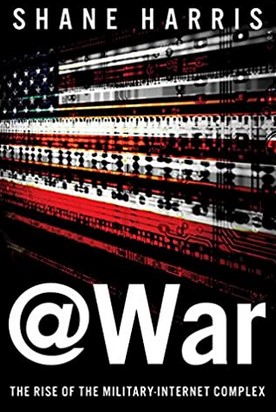




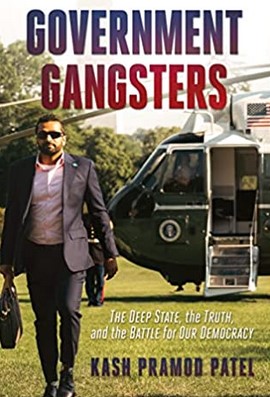
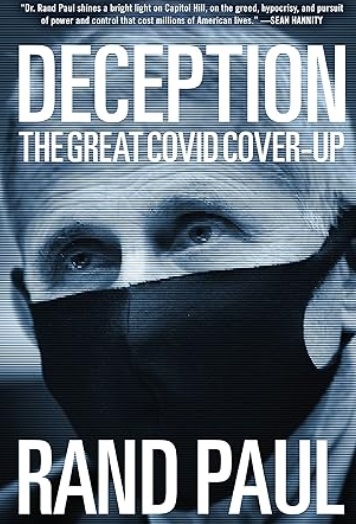









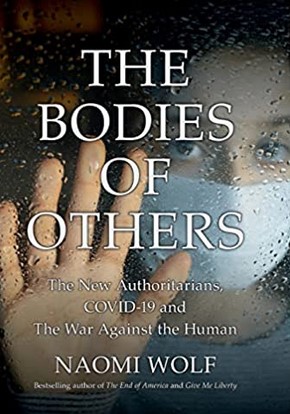
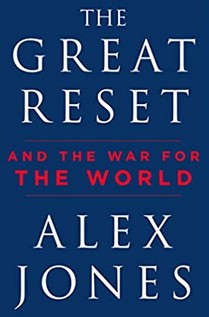

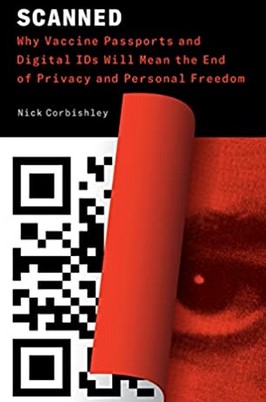

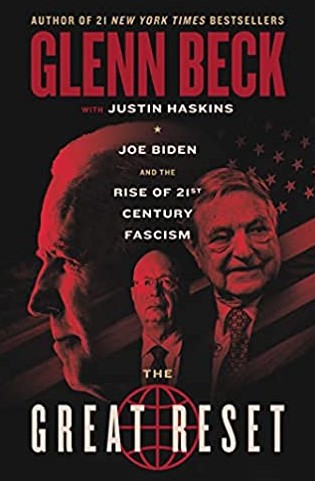






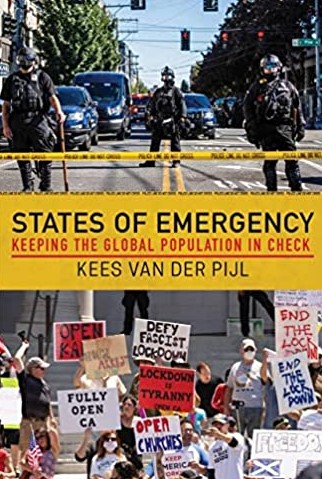




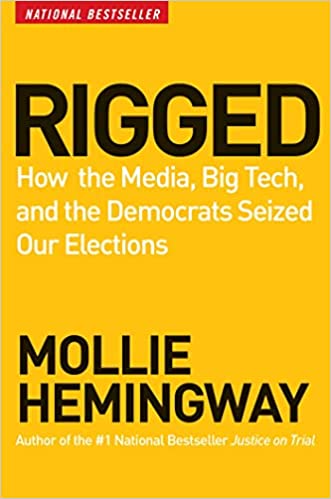
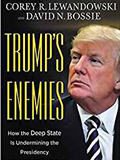




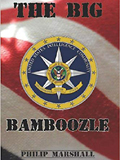
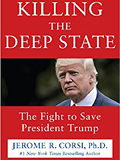
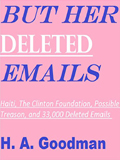
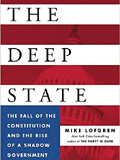
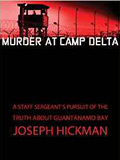
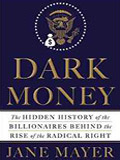


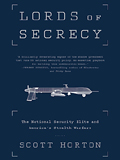



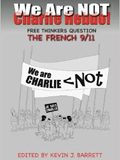



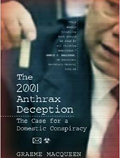


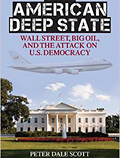


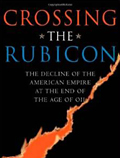
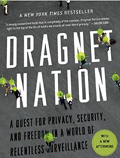
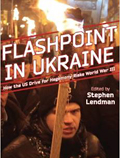



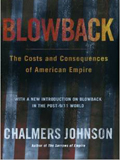



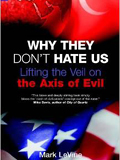
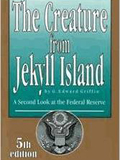



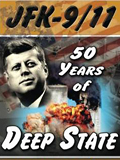

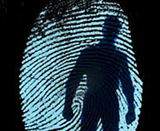 The opening of Heathrow's new Terminal 5 was under threat last night after its management was warned that a plan to fingerprint passengers may be illegal.
The opening of Heathrow's new Terminal 5 was under threat last night after its management was warned that a plan to fingerprint passengers may be illegal.  Legislation to significantly expand
Legislation to significantly expand  Senior military commanders have presented the Bush administration with proposals to put off any plans for further reductions of troops in
Senior military commanders have presented the Bush administration with proposals to put off any plans for further reductions of troops in 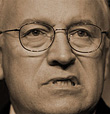 For at least six years, as I've become increasingly frustrated by the Bush administration's repeated betrayal of constitutional -- and conservative -- principles, I have defended
For at least six years, as I've become increasingly frustrated by the Bush administration's repeated betrayal of constitutional -- and conservative -- principles, I have defended 
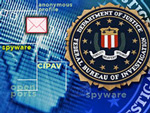 A new technique to catch people looking for child pornography online has been approved by the courts and has already been used in three states. It involves posting bogus links to illegal videos that automatically triggers an armed raid on the user.
A new technique to catch people looking for child pornography online has been approved by the courts and has already been used in three states. It involves posting bogus links to illegal videos that automatically triggers an armed raid on the user.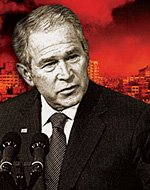 President Bush said Thursday that
President Bush said Thursday that  A federal District court yesterday ruled that antiwar protesters can rally along Pennsylvania Avenue during the inauguration parade in January.
A federal District court yesterday ruled that antiwar protesters can rally along Pennsylvania Avenue during the inauguration parade in January. Big Wall Street investment companies are taking advantage of the Federal Reserve's unprecedented offer to secure emergency loans, the central bank reported Thursday.
Big Wall Street investment companies are taking advantage of the Federal Reserve's unprecedented offer to secure emergency loans, the central bank reported Thursday. U.S. Sen. Chuck Hagel writes in a new book that the United States needs independent leadership and possibly another political party, while suggesting the Iraq war might be remembered as one of the five biggest blunders in history.
U.S. Sen. Chuck Hagel writes in a new book that the United States needs independent leadership and possibly another political party, while suggesting the Iraq war might be remembered as one of the five biggest blunders in history.